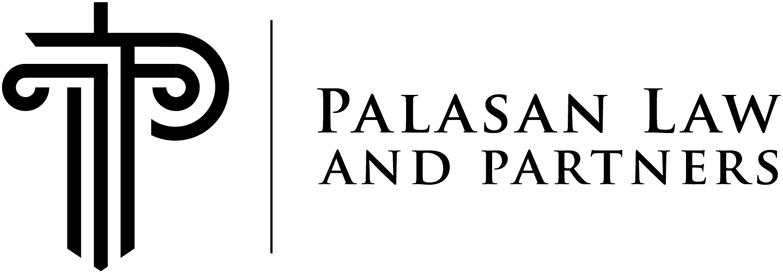Access to justice has increased and the poor and marginalized sectors of society have been assured a place in our judicial system through the Clinical Legal Education Program (CLEP).
Thus underscored Chief Justice Alexander G. Gesmundo in his keynote address on the opening day of the First Philippine Clinical Legal Education Summit at the Grand Hyatt Hotel in Taguig City. The Summit, which will run from December 1 to 3, 2022, aims to discuss the legal aid needs of the communities and services rendered by law clinics, including the potential impact of Rule 138-A or the Revised Law Student Practice Rule, whichrequires all law schools to establish a clinical legal education program (CLEP) and law clinics nationwide.
The Revised Rule “broadens the concept of legal aid by strengthening experiential legal education through the establishment of school-based clinics that promote the value of professional social responsibility. It has a two-fold objective: first, to geographically expand access to justice, and second to produce competent and practice-ready lawyers,” explained the Chief Justice.
Since the Rule’s amendment in 2019, the response to the CLEP has been encouraging, said the Chief Justice, noting that law clinics from various law schools in the country, “on their own initiatives, adopted novel approaches consistent with the needs of the vulnerable and disadvantaged communities.”
Among such law schools is the Mindanao State University (MSU), which was awarded at the Summit the first Chief Justice Alexander G. Gesmundo Virtual Legal Advocate Award, “in recognition of its integration of digital and technological solutions and adaptive use of technology towards achieving the goals of Clinical Legal Education in providing legal aid and clinical services to the underserved.”
MSU was recognized for its successful Sarimanok Virtual Law Clinic, which delivers legal information and facilitates consultation on varied legal problems such as civil and human rights, labor, and women and children rights.
The Chief Justice also recognized similar initiatives of other universities, which “resorted to social media and did not allow the pandemic to prevent them from rendering effective and prompt legal assistance to those in need of such service.”
While acknowledging the value of technology, including social media, in increasing the public’s access to justice, Chief Justice Gesmundo also cautioned against turning “to personalities in the broadcast and social media despite their lack of legal experience or background, for not only legal advice, but also retributive justice…even at the expense of exposing [the public] to public ridicule or comments”.
While the Chief Justice clarified that he does not condemn such programs, he nevertheless expressed concern over “the growing acceptance of our people of a platform for redress with no established rules to protect the rights of all persons involved.”
Thus, the Chief Justice emphasized the need for the Judiciary to be dynamic and responsive to current realities, including the enlistment of law schools through the CLEP. “We must provide an effective platform for Filipinos from all walks of life to articulate their rights when injustice has been perpetrated, to attain redress and expect fair resolution through judicial action, and to freely partake in the judicial process undeterred by traditional barriers of inequality, such as education, poverty, gender, geography, ethnicity, and even religion,” said the Chief Justice.
Senior Associate Justice Marvic M.V.F. Leonen in his message as Chairperson of the Supreme Court Oversight Committee on the Revised Rule 138-A, added: “Those who lack resources and those who are at the margins of our society suffer from epistemic injustice, that is, that through no fault of their own and because of the dominance of the status quo that entrenches the system, they suffer a lack of understanding of the law, its institutions, processes, and contents. Legal assistance, therefore, is always an opportunity to empower”.
On Day 2 of the Summit, Associate Justice Maria Filomena D. Singh, who was also present during the Summit’s opening, will give a presentation on “CLEP and Preparing the Ethical Lawyer.” Justice Singh will also provide the closing message during the CLEP Awards and Fellowship Night on the same day.
The three-day Summit, with the theme: “CLEP AT THE FRONTLINE: Paving the Way Forward for Greater Access to Justice through Clinical Legal Education,” serves as a forum for law schools to share their experiences, challenges, and best practices in designing, developing, and implementing their CLEP in accordance with the requirements of the Revised Law Student Practice Rule, and explore mechanisms to expand the programs of law clinics in the Philippines.
The Summit is organized by the Legal Education Board, in partnership with the Supreme Court Oversight Committee in the Implementation of the Revised Rule 138-A (Revised Law Student Practice Rule), the Philippine Association of Law Schools, and Association of Law Students of the Philippines, with the support of The Asia Foundation and the U.S. Department of State Bureau of International Narcotics and Law Enforcement Affairs. (Courtesy of the Supreme Court Public Information Office)

